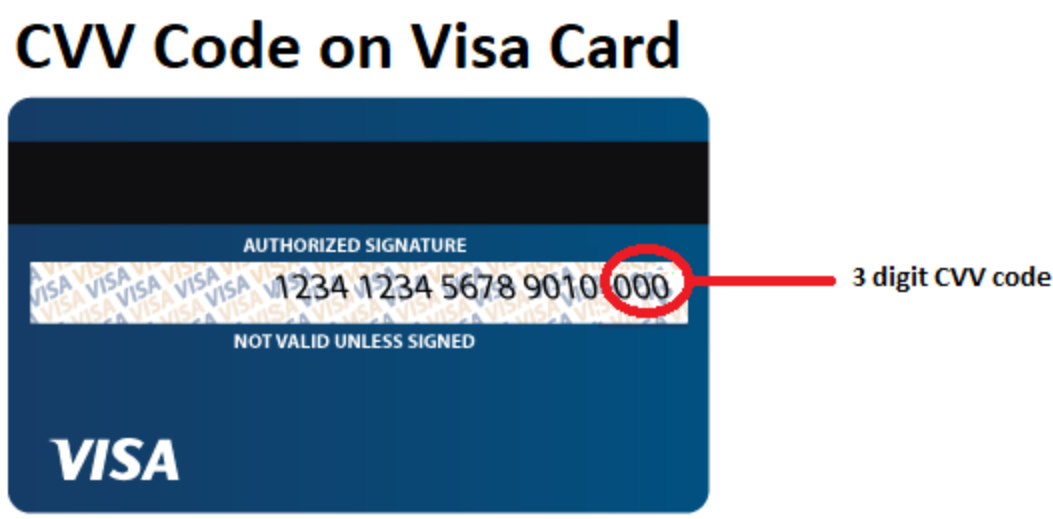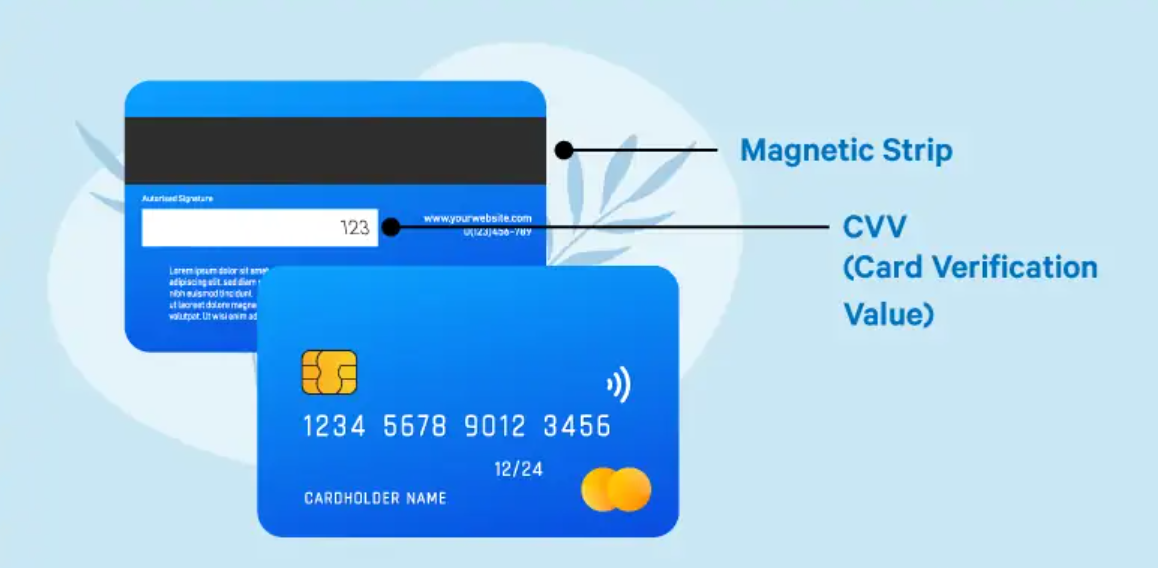cvv number on card is a security feature on most credit and debit cards. It is a three- or four-digit code that is printed on the back of the card and helps to verify that the person making the purchase is the actual cardholder. The CVV number plays an important role in protecting against fraudulent activity and is used in online and phone transactions.
Table of Contents
cvv number on card
cvv number on card stands for Card Verification Value, which is a three or four-digit number printed on the back of most credit and debit cards. The CVV number is a security feature that helps to verify that the person using the card is the rightful owner, as it’s not typically stored in the magnetic stripe or chip of the card.
When making an online or phone purchase, the merchant will typically ask you for your CVV number as a way to verify that you have physical possession of the card. It’s important to keep your CVV number private and never share it with anyone who doesn’t have a legitimate reason to know it, as it could be used to commit credit card fraud.
read about: prepaid card kuwait
cvv number in debit card
Just like with credit cards, most debit cards also have a CVV number printed on them. The CVV number on a debit card is typically a three-digit number printed on the back of the card, next to the signature panel.
When you make a purchase online or over the phone with your debit card, you may be asked to provide your CVV number as a way to verify your identity and protect against fraudulent use of your card. It’s important to keep your CVV number private and never share it with anyone who doesn’t have a legitimate reason to know it, as it could be used to commit debit card fraud.

cvv number in debit card rupay
the CVV number on a Rupay debit card is a three-digit number printed on the back of the card, next to the signature panel. This number serves as a security feature and is used to help verify that the person making the purchase is the actual cardholder.
read about: prime account boubyan bank in Kuwait
how can i find my cvv number without my card
the CVV number is a security feature that is printed on your debit or credit card and cannot be obtained without physically possessing the card. This is done to help ensure that only the cardholder has access to the CVV number and that it is not stolen or used fraudulently.
If you have lost your debit or credit card, and you do not have access to the CVV number, you should contact your bank or card issuer immediately to report the loss and request a replacement card. The bank or card issuer will then send you a new card with a new CVV number that you can use for future transactions.
In conclusion, cvv number on card helps to protect against fraudulent activity and ensures the safety of financial transactions. It is important to keep the CVV number private and only share it with trusted parties who require it for legitimate purposes.


Leave a Comment